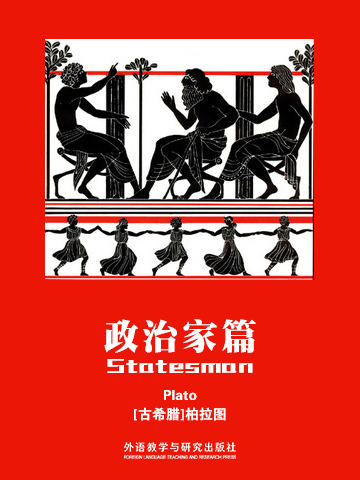不逊于《理想国》的理想主义。
The Statesman is Plato's neglected political work, but it is crucial for an understanding of the development of his political thinking.
《政治家篇》约作于柏拉图后两次去叙拉古之间(公元前367~前361),这是他在叙拉古的政治实践受到挫折,思想发生变化的时期。《政治家篇》主旨是讨论真政治家及政治的定义。柏拉图在这篇对话中提出了政治中道、混合的概念;首次明确论述了法律的作用并以法律作为划分政体的标准。
The Statesman, also known by its Latin title, Politicus, is a Socratic dialogue written by Plato. The text describes a conversation among Socrates, the mathematician Theodorus, another person named Socrates (referred to as "Young Socrates"), and an unnamed philosopher from Elea referred to as "the Stranger". It is ostensibly an attempt to arrive at a definition of "statesman," as opposed to "sophist" or "philosopher" and is presented as following the action of the Sophist.
- STATESMAN
- 书评 写书评
- 笔记
-
书评加载中...























 京公网安备 11010802032529号
京公网安备 11010802032529号
笔记加载中...